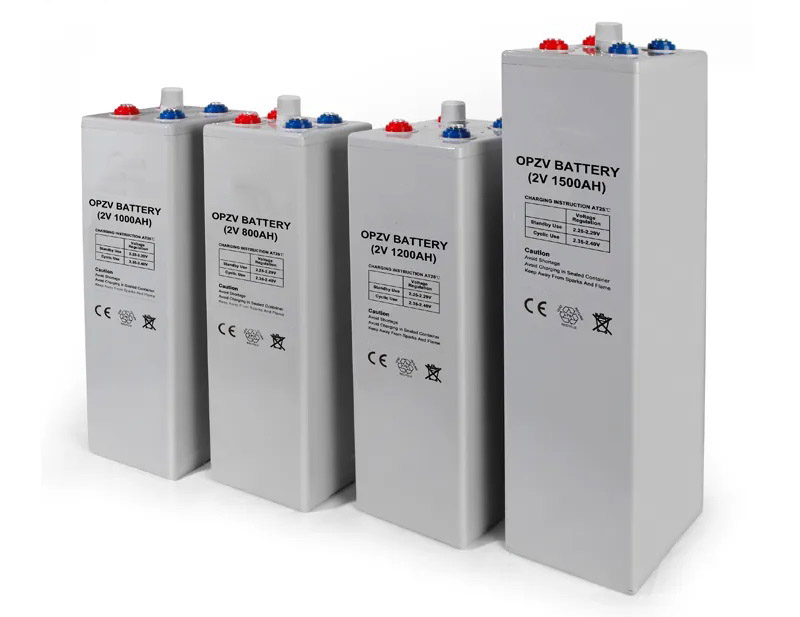Lithium-ion batteries have distinct advantages over OPzV (gel lead-acid) batteries when it comes to efficiency and performance. These differences make lithium-ion a superior choice in many energy storage applications.
1. Energy Density
Lithium-ion batteries offer a much higher energy density compared to OPzV batteries. While OPzV batteries are typically used in stationary applications due to their bulky design, lithium-ion batteries can store more energy in a smaller and lighter package. This makes them ideal for applications where space and weight are critical, such as electric vehicles, portable electronics, and even residential energy storage systems.
2. Charge Efficiency
Lithium-ion batteries have a charge efficiency of over 95%, meaning they lose less energy during the charge and discharge cycles. OPzV batteries, on the other hand, typically have a charge efficiency of around 75-85%. This makes lithium-ion batteries more energy-efficient, translating to lower energy losses and faster charging times. In systems where energy efficiency is crucial, like renewable energy storage, lithium-ion batteries outperform OPzV batteries significantly.
3. Cycle Life
The cycle life of lithium-ion batteries is another key advantage. They typically last for 2,000 to 5,000 cycles depending on the specific chemistry and usage conditions. OPzV batteries, while known for their durability, typically last for 1,500 to 3,000 cycles. This longer cycle life of lithium-ion batteries results in a lower total cost of ownership, as they need to be replaced less frequently compared to OPzV batteries.
In conclusion, lithium-ion batteries excel in terms of energy density, charge efficiency, and cycle life, making them a superior choice for high-performance energy storage applications.


